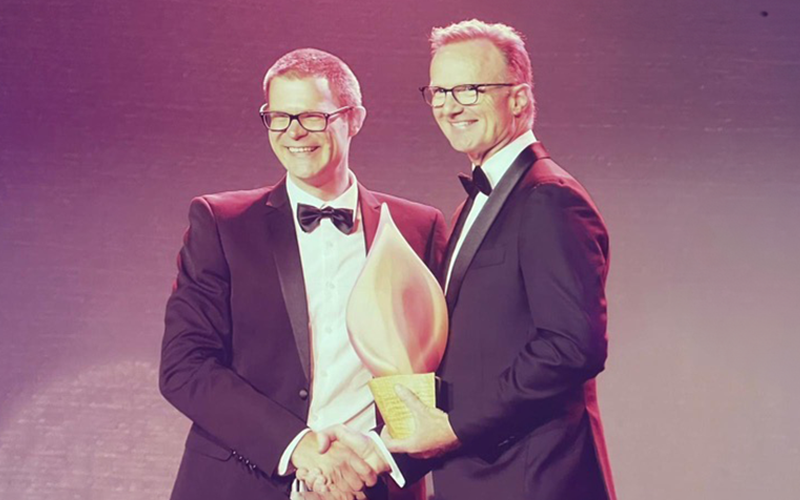Search
Research
Reporting Both Unadjusted and Adjusted Estimates Is Essential to the Interpretation of Randomized Clinical Trial Results - ReplyAndrew Matt Videos Whitehouse Watch and listen to Andrew Cooper PhD BCA Marketing, BSc Statistics and Applied Statistics, PhD Deputy Director (
Research
The valence-specific empathy imbalance hypothesis of autism: The role of autistic traits, alexithymia, emotion dysregulation, and gender differencesIndividuals exhibiting pronounced autistic traits (e.g., social differences and specialised interests) may struggle with cognitive empathy (i.e., the ability to infer others' emotions), although the relationship with affective empathy (i.e., the ability to share others' emotions) is less clear in that higher levels of autistic traits may be linked with increased affective empathy for negative emotions but reduced affective empathy for positive emotions. The current study investigates this empathy profile and whether alexithymia and emotion dysregulation help to explain it.
Research
Continuity of temperament subgroup classifications from infancy to toddlerhood in the context of early autism traitsOur previous cross-sectional investigation (Chetcuti et al., 2020) showed that infants with autism traits could be divided into distinct subgroups based on temperament. This longitudinal study builds on this existing work by exploring the continuity of temperament subgroup classifications and their associations with behavioral/clinical phenotypic features from infancy to toddlerhood.
Research
Perceived Support Needs of School-Aged Young People on the Autism Spectrum and Their CaregiversWith increasing demands for health, disability and education services, innovative approaches can help distribute limited resources according to need. Despite an increased focus on support needs within the clinical pathway and policy landscape, the body of research knowledge on this topic is at a relatively early stage. However, there appears to be a sense of unmet support needs and dissatisfaction with the provision of required support following an autism diagnosis amongst caregivers of young people on the spectrum.
Research
A longitudinal examination of perinatal testosterone, estradiol and vitamin D as predictors of handedness outcomes in childhood and adolescenceThe developmental origins of handedness remain elusive, though very early emergence suggests individual differences manifesting in utero could play an important role. Prenatal testosterone and Vitamin D exposure are considered, yet findings and interpretations remain equivocal.
Research
Parental perspectives of the everyday experiences of uncertainty among young children on the autism spectrumAnxiety commonly co-occurs in autism. Exploring and understanding potential underpinning mechanisms contributing to and maintaining anxiety in the early years is important in managing anxiety. Intolerance of uncertainty (IU), a tendency to find uncertainty difficult, is a transdiagnostic mechanism contributing to anxiety, but little is known about how IU may be experienced in young children on the autism spectrum. This study investigated parental perspectives of children's experiences of uncertainty.
Research
Evidence that infant and early childhood developmental impairments are associated with hallucinatory experiences: Results from a large, population-based cohort studyCognitive and motor dysfunction are hallmark features of the psychosis continuum, and have been detected during late childhood and adolescence in youth who report psychotic experiences (PE). However, previous investigations have not explored infancy and early childhood development.

News & Events
World-first Inklings Program launches in South AustraliaSouth Australian families with babies showing early social and communication differences will be among the first to benefit from a nation-leading early support program, as The Kids Research Institute Australia’s Inklings Program officially launches in South Australia.

News & Events
Renowned Autism Researcher named Western Australian of the YearAutism researcher Professor Andrew Whitehouse has been named this year’s Western Australian of the Year in the HBF Professions category.

News & Events
WA duo recognised as world’s most frequent autism research collaborators of the decadeDirector of CliniKids, Professor Andrew Whitehouse, and Professor Murray Maybery, have been identified as the world’s most frequent autism research collaborators of the decade.
